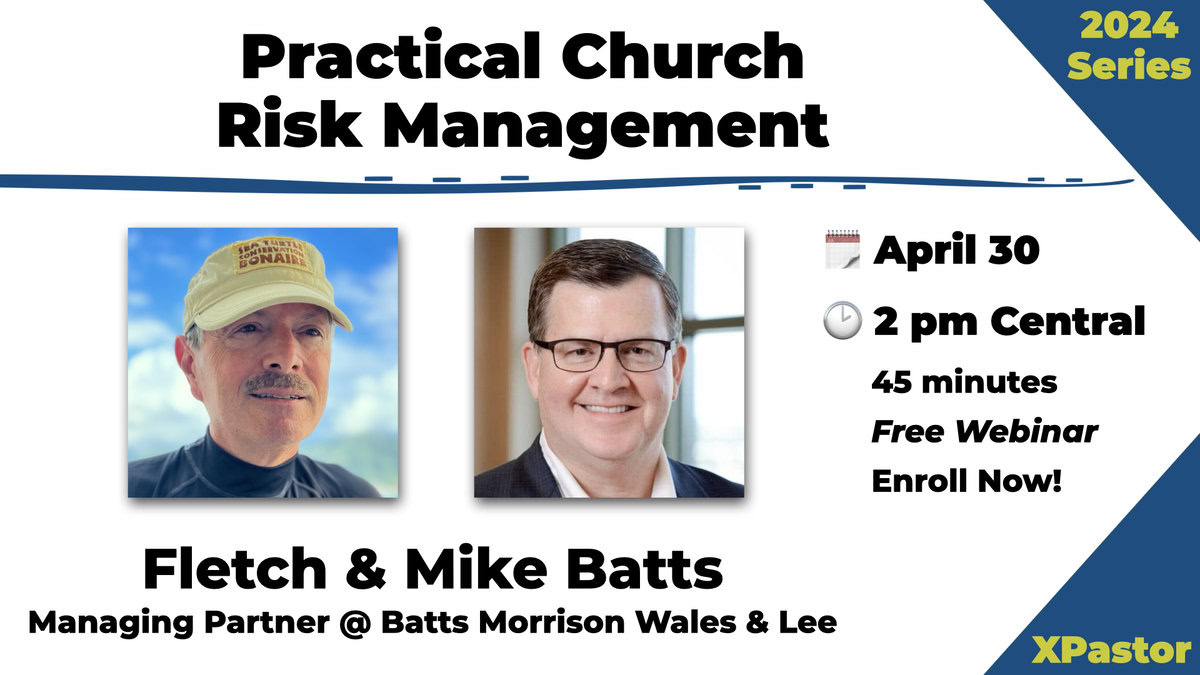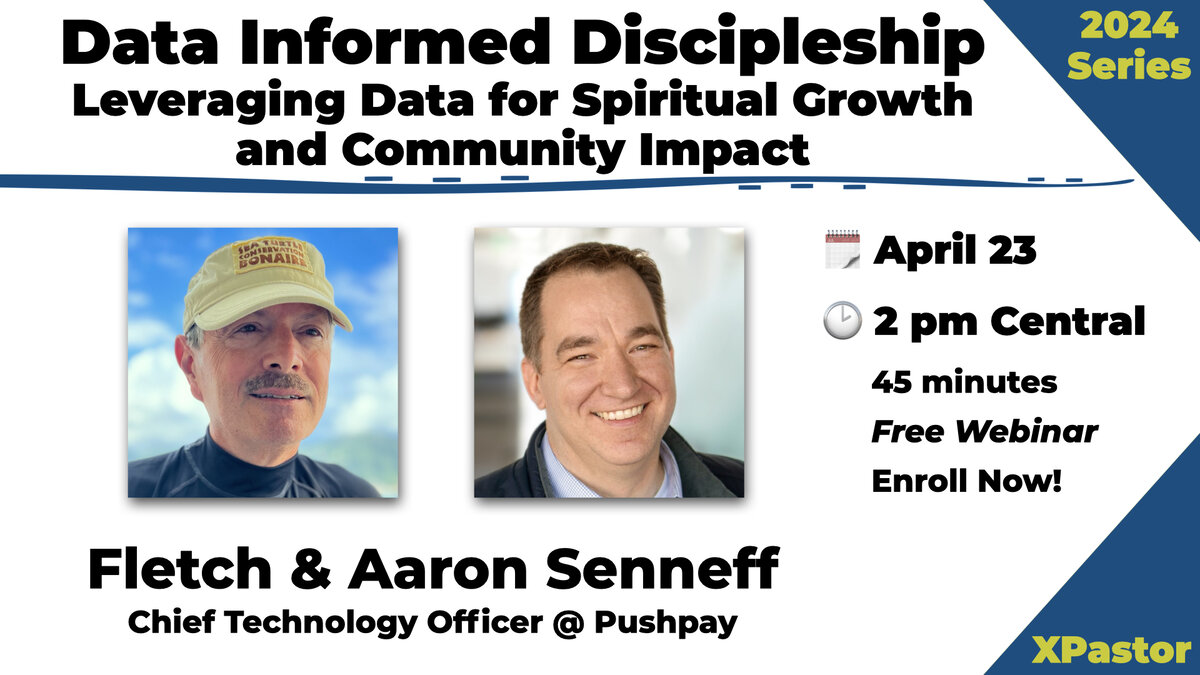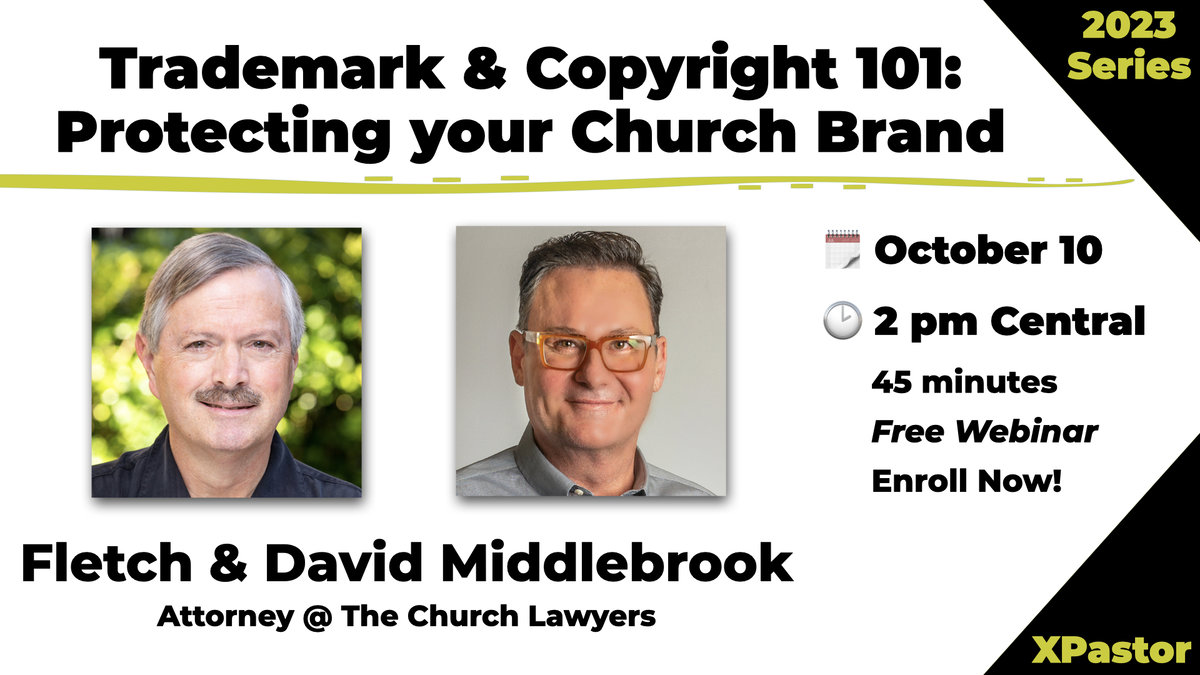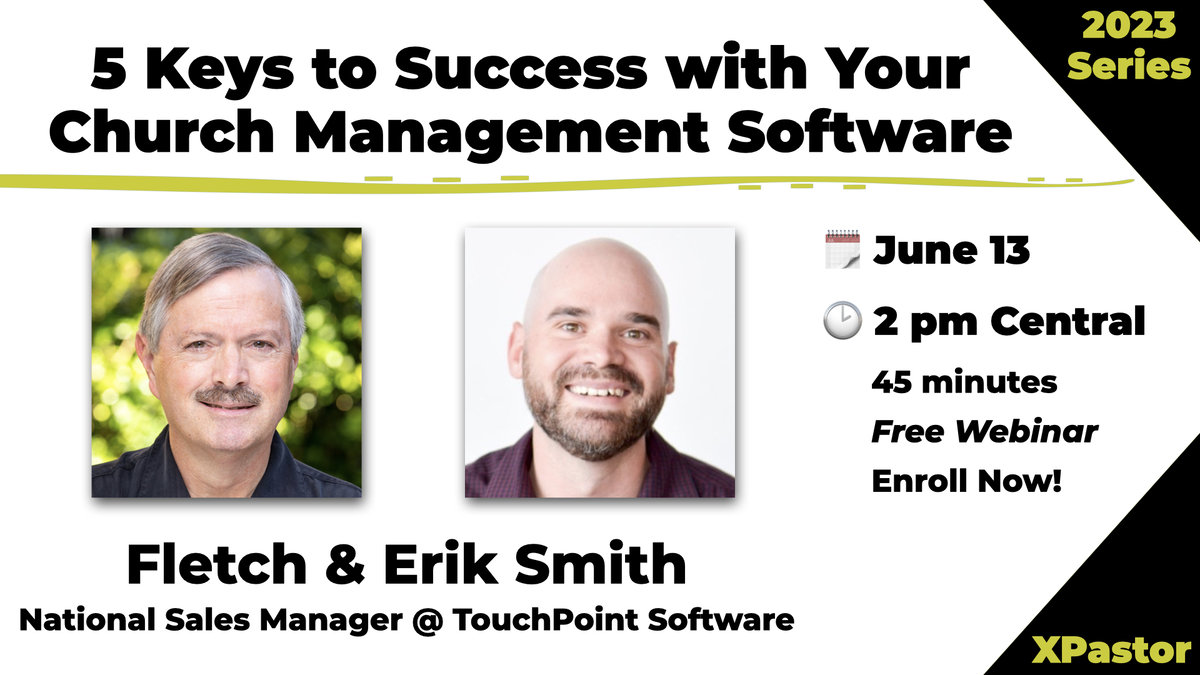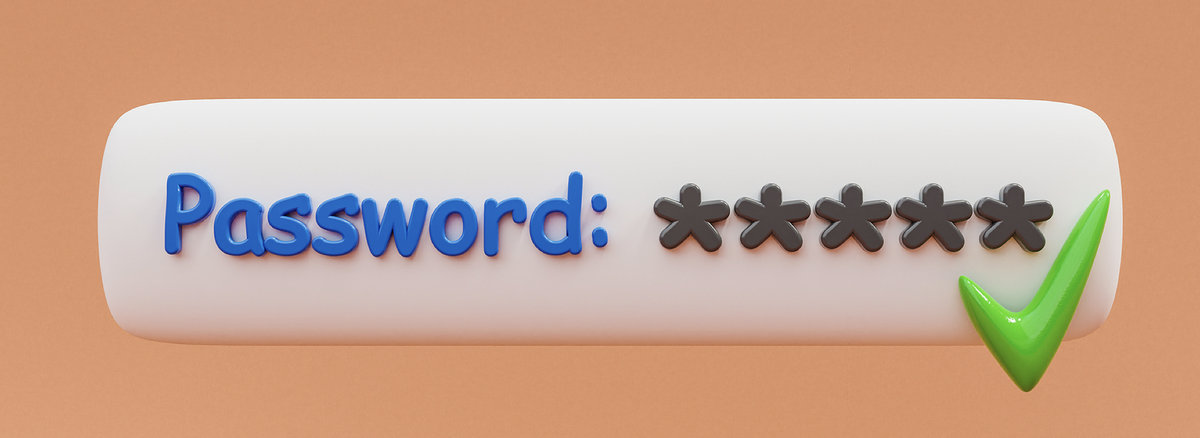Artificial Intelligence (AI) can be a helpful tool for churches. Many are using AI to ethically research sermon ideas. Others use it to redact a 45 minute message into a 1,000 word article for their website or newsletter. However, as with any new technology, there are new standards that need to be developed. There is also a huge pending issue of legal liability that you must be cognizant of.
Liability
You are liable for content that AI generates and that you use on your website, newsletters or teaching. In Christopher Mims’ March 29, 2024 Wall Street Journal article, The AI Industry Is Steaming Toward A Legal Iceberg, he notes:
Legal scholars, lawmakers and at least one Supreme Court justice agree that companies will be liable for the things their AIs say and do—and that the lawsuits are just beginning.
The implications of this are momentous. Every company that uses generative AI could be responsible under laws that govern liability for harmful speech, and laws governing liability for defective products—since today’s AIs are both creators of speech and products. Some legal experts say this may create a flood of lawsuits for companies of all sizes.
Jason Hamrock brought excellent thoughts on using AI in the webinar, Three Areas where AI will Benefit Your Church Teams. In that webinar, we discussed liability issues among many other salient AI topics. The audience was alive with questions.
Can AI Go Wrong?
There have been numerous stories in the media about AI not producing the intended results. AI generated images of people sometimes have only four fingers or shadows are completely incorrect.
The Wall Street Journal ran an article on April 29, 2024, I Tricked ChatGPT Into Being My Boyfriend. He Got Spicy Real Fast, by Julia Munslow. She noted:
The AI-boyfriend trend reflects a larger pattern of users trying to push chatbots beyond their safety guardrails. The name Dan stands for Do Anything Now and indicates an attempt to trick—aka jailbreak—the bot to violate its own policies using basic conversational prompts. The results range from playfully profane to downright problematic—sometimes within minutes.
People can give input that challenges the safety rails. These rails may be improved in the future, but it indicates that the current AI systems are less than perfect.
Aaron Drapkin wrote an article on tech.co on April 18, 2024, AI Gone Wrong: An Updated List of AI Errors, Mistakes and Failures. He includes:
- X’s chatbot Grok accuses NBA player of going on vandalism spree after it misinterprets tweets about game.
- New York City chatbot advises small businesses to break the law.
- Air Canada defeated in court after chatbot lies about policies.
AI has made mistakes and editors are not catching them. The Air Canada error went to court and the airline lost. Now, let’s take a look a possible AI errors for your church.
The Fantastic Sermon
Suppose that Pastor Bill has just delivered another blockbuster sermon. Bill is already using AI tools, like SermonSpark, to “overcome writer’s block” and “conduct effective research.”
AI is already being used by Pastor Bill and you want to expand its use. Your church is learning about AI at AI-For-Churches. You like their motto of “Discover the Resources, Blessings, and Challenges of Integrating Artificial Intelligence Into Your Church.”
From this XPastor article, you know that 94% of your congregation will forget the sermon by the following Wednesday.
Bill’s sermon is so good that you want to share a summary with the congregation and use it on your website.
You also know that Google and other search engines will not currently index a video message, only text. So, Bill’s message will not be searchable as a video.
To transcribe the 45 minute message by hand would take upwards of three hours. That kind of time investment is too great to do every week! You use an AI tool to create a transcript of the message. You might choose something like YouTube Transcript, Deciphr or SermonShorts. One of these gives a verbatim transcript of Bill’s message.
Next, you want a summary of the message. You turn to AI to give a 1,000 word summary of the salient content. You might use Claude for this or another service.
Everything is sailing along really well, until the roof falls in …
Examples of Problems
Pastor Bill had some great stories in his message. Unfortunately, he can be a little long-winded and use run-on sentences. His speaking style can give conniptions to AI.
Here are two possible problems in an AI summary:
What Pastor Bill Said
Sam and Dolly jerked the car to avoid hitting the oncoming drunk driver—can you believe the number of drunk drivers on the roads—after their tire had a blowout and it was a total mess on their way to a marriage counseling appointment for their in-laws who are going through a rough patch right now.
Possible AI mistake
Sam and Dolly had a marital blowout after being drunk and are jerks for driving their car into oncoming traffic.
Result
Sam and Dolly sue the church for written and published libelous words.
In another message from Pastor Bill:
What Pastor Bill Said
This church disavows the recommendation of any individual for President, whether that be Biden, Trump or any other candidate, we will share Christian values about the issues with many candidates but not endorse a person, so political positions are not ones that this church will take, we will only take positions on religious issues.
Possible AI mistake
For religious reasons, this church endorses one person for President as our recommended candidate. That individual upholds Christian values and that candidate is _________ (the reader can fill in Biden, Trump or someone else).
Result
The IRS comes knocking at your door and questions your church exempt status.
Just saying, AI made the mistake, won’t get you off the hook. You have published the material in your newsletter and website. You are a publisher at this point and have opened to door to legal action.
Solutions
Let’s start with the positive. These save you time and help get Pastor Bill’s message out to thousands of people:
- AI saves enormous amounts of time. It can transcribe the pastor’s message—saving 3 hours of mind numbing work.
- AI can produce a 1,000 summary for use in newsletters and websites—that easily saves another two hours of work.
- AI allows you to post the transcript or a summary of the message, which is searchable by the major web engines. Anyone looking for help can find Pastor Bill’s message and words of comfort and growth.
The solution is to proof the AI results. Human interaction must happen, that of proofing the final article. You can’t skim the AI results but carefully proof them from the pastor’s original message.
If mistakes are made, and the article is published with misleading, slanderous or politicizing information, then the church is at risk of a lawsuit.
The bottom line is to use new AI tools with caveat emptor, let the buyer beware. You must proof anything that you publish.
Set ethical standards for how you use Artificial Intelligence. AI is a new technology and new standards need to be developed. The church is adept at adopting new technology. Few want to give up their computer, cell phone or church website. Those three have arisen in just the last 30 years!
Now with Artificial Intelligence, we have a new technology to use. Get solid standards in place, just like you did with computers, cell phones and church computers.



